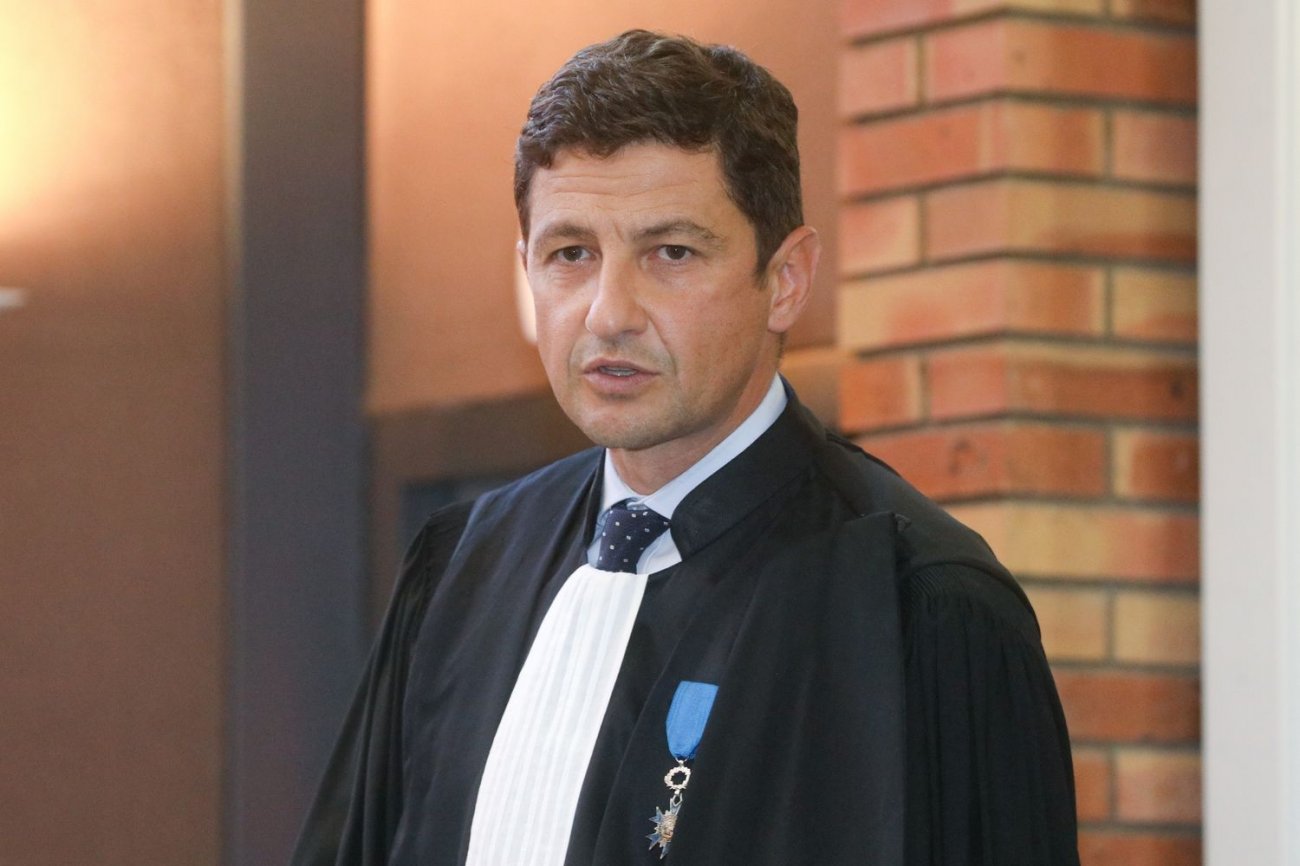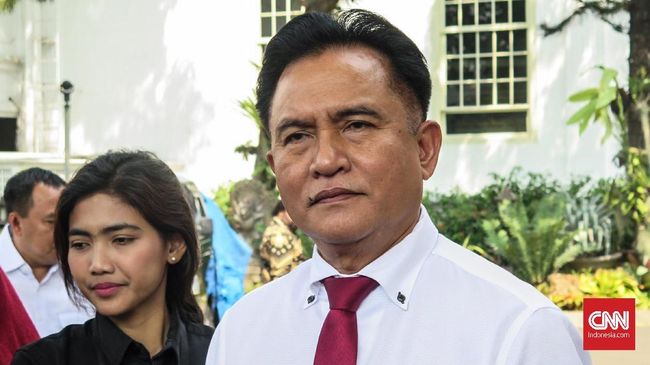Local justice, fight against violence within the couple, criminal justice for minors, fight against narcotics, repression of attacks on the environment … are among the priority projects of the prosecutor of Dijon installed on September 24.
An installation hearing of magistrates takes on a ritual dimension. This Friday, September 24, 2021, it serves as the presentation of the new chief prosecutor to parliamentarians as well as to representatives of military, police and judicial institutions in Côte-d’Or.
Substitute of the prosecutor in Lons-le-Saunier at the start of his career, Olivier Caracotch climbed the ladder of the judicial career: deputy prosecutor general at the Besançon court of appeal, deputy prosecutor in Nice, deputy prosecutor in Nice, prosecutor in Troyes. Olivier Caracotch also made a passage to the direction of criminal affairs and pardons of the Ministry of Justice before arriving in Dijon.
“Develop local justice”
Now officially installed during a ceremony led by Bruno Laplane, president of the Dijon judicial tribunal, the new prosecutor immediately evokes “his full awareness of the responsibilities that [lui] are entrusted ”and salutes the action of his predecessor who“ leaves a floor in working order ”.
“I am convinced of the urgent need to develop local justice. (…) This is a priority criminal policy implemented by the government together with the allocation of unprecedented means “, adds Olivier Caracotch for whom litigants are entitled to expect” a protective, accessible justice. and impartial ”.
Local justice is seen as “the means of affirming the efficiency of public power” via partnerships with other institutions. The prosecutor also says he is “attentive” to the concerns of the Prefect of the Côte-d’Or because of “subjects of common interest”: prevention of delinquency, fight against violence against women, fight against trafficking. narcotics, fight against “violent radicalization”, repression of environmental damage (Dijon being a regional environmental hub) …
“Success can only be the fruit of collective action”
“I do not intend to oppose prevention and repression and even less to confine myself to the second but to co-construct with you and the internal security forces a peaceful public space”, he indicates to the address of the representative of the prefecture. “Success can only be the fruit of collective action”.
Rather than “auxiliaries”, the prosecutor intends to see lawyers as “co-authors” of justice, “architects of its success when it fulfills its office, accomplice of its tragedies when it fails”. “I intend to walk with you as essential players in criminal procedure and the defense of individual freedoms”.
“A wave of recruitment of contractual staff”
At the end of the installation ceremony, the new prosecutor responds implicitly to the criticisms of the president of the judicial tribunal concerning the means granted to justice, in particular in Dijon: “we have undoubtedly gone a little far, the speech, now recurring, a justice that lacks means is starting to lose a little topicality ”.
However, a few magistrate positions remain vacant within the judicial tribunal – even within the prosecution – as well as among clerks. “To compensate for these vacancies, a wave of recruitment of contractual staff arrived at the end of 2020. A new one arrives in 2021. These are jobs which are less trained, which are less durable but which nevertheless make it possible to compensate for a good part of the deficits that we observed in previous years, ”explains the prosecutor.
Olivier Caracotch develops his point: “we must admit the attribution of very many posts to put the link between justice and the population. (…) People who can be immediately mobilized to deal with all these little things that we could not deal with and which caused justice to be misunderstood. (…) I honestly think that we can make significant progress in communication and proximity thanks to these staff who have been dedicated to local justice, to the fight against violence against women, to partnerships with elected officials. .. “
“Justice is one of the pillars of our democracy”
“The average times are not reasonable, we must always try to reduce them. They are variable. A response to the criminal court takes between eight and twelve months, which is too long. It is too long for victims who wait for reparation quickly and it is too long for perpetrators – at least for the public which is ours – who do not have the capacity to project themselves to such delays. Legal efforts are being made in particular with the code of criminal justice for minors which will encompass the procedure for minors, which was surely in the past one of the longest, within much more constrained deadlines and in particular to provide a response to victims within three months, ”he adds.
“Unfortunately, opinion polls show that people don’t really trust their justice. This lack of confidence seems to me to be the bearer of a real risk for democracy. Justice is one of the pillars of our democracy. When we no longer believe in our justice, when we no longer believe in our police, when we no longer believe in our institutions, we turn to preachers who want to put all this down without necessarily providing solutions, ”analyzes the prosecutor. .
Jean-Christophe Tardivon
The president of the Dijon judicial tribunal warns of the “human resources” necessary to develop the new missions of judges

Olivier Caracotch, public prosecutor at the Dijon judicial tribunal, took office at the beginning of September 2021
–


